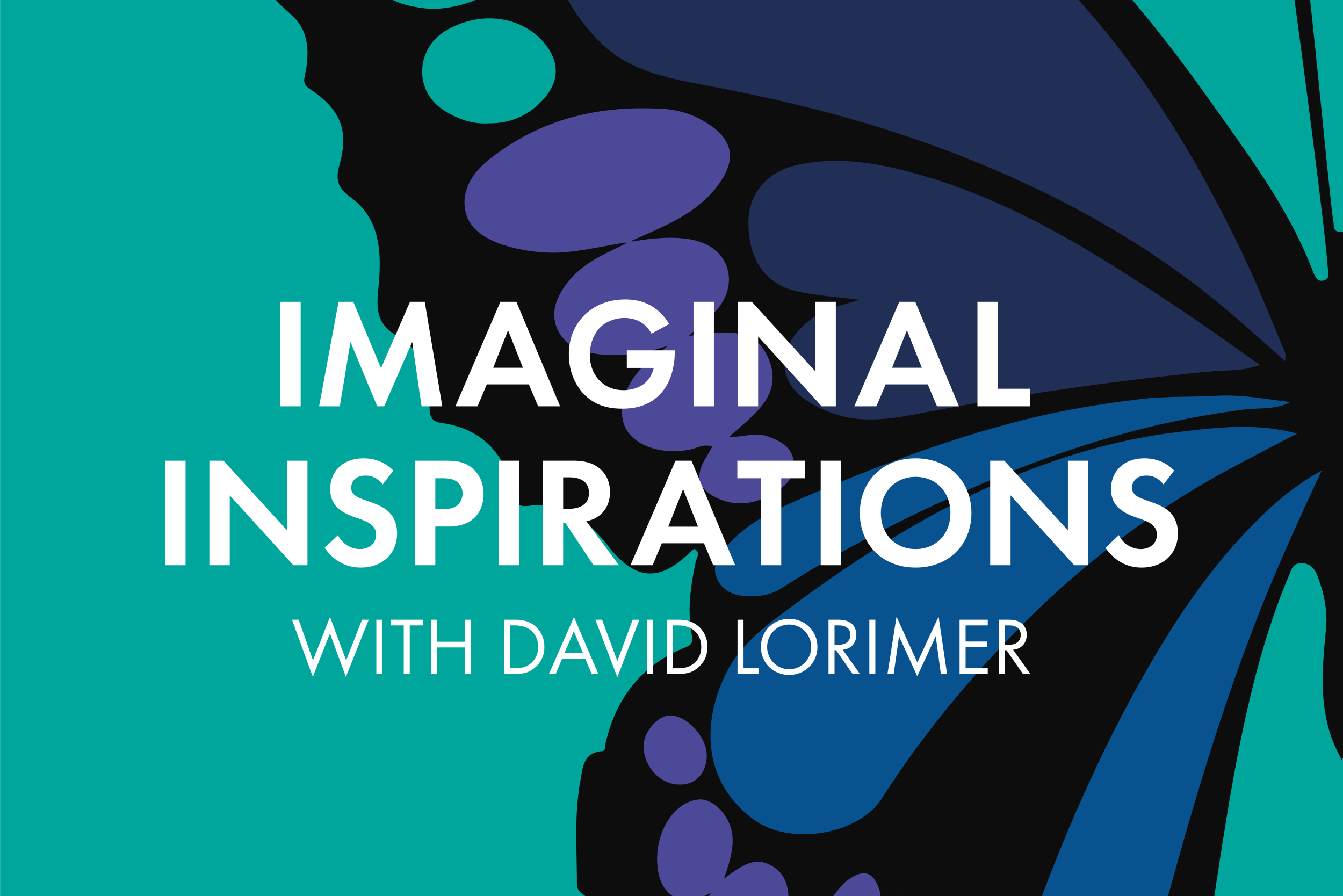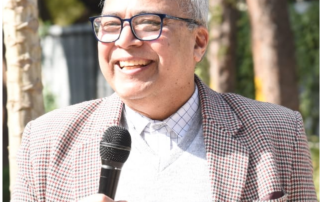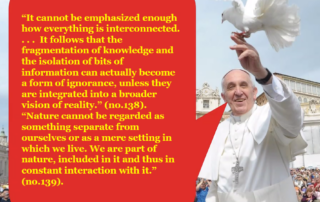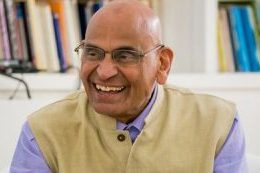
Expanding the Scope of Science
ORIGINS
David Lorimer introduces the Galileo Commission Report
REMIT
The Galileo Commission was founded in 2017 with a view to expanding the worldview of science beyond its limiting materialistic assumptions, which are seldom explicitly examined. A central and widely held assumption is that the brain generates consciousness and is therefore extinguished at death.
Following widespread consultation in 2018 with 90 advisers representing 30 universities worldwide, we have published the Galileo Commission Report, written by Prof Dr Harald Walach and entitled Beyond a Materialist Worldview – Towards an Expanded Science. The report has been widely endorsed as a groundbreaking document, so we encourage you to support our movement by joining the Galileo Commission either as a Professional Affiliate or a Friend. There is also a Summary Report and a Layman’s Report, and a brief summary of the argument is available in a number of languages. We encourage you to read and support Dr Athena Potari’s Call for a Renaissance of the Spirit in the Humanities and to read our edited book Spiritual Awakenings, which documents the transformative experiences of 57 scientists and academics.
A Call for a Renaissance of the Spirit in the Humanities
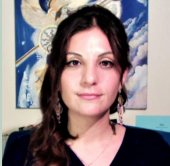 The “Call for a Renaissance of the Spirit in the Humanities”, written by Dr Athena D. Potari, is a pioneering project aiming to raise awareness regarding how the prevailing paradigm of materialism affects the ways in which knowledge is approached within the context of the Humanities. In line with the Galileo Report, which discusses the importance of liberating the positive sciences from the limitations of the paradigm of scientific materialism, this Call aims at making the case for the Humanities as well. The Call explores how recent developments in scientific studies on consciousness, and the ensuing understanding that consciousness is primary and unified, can inform our understanding of what it means to be “human” with correspondingly appropriate epistemologies, as well as how we approach key areas of human activity, including ethics, politics and the environment.
The “Call for a Renaissance of the Spirit in the Humanities”, written by Dr Athena D. Potari, is a pioneering project aiming to raise awareness regarding how the prevailing paradigm of materialism affects the ways in which knowledge is approached within the context of the Humanities. In line with the Galileo Report, which discusses the importance of liberating the positive sciences from the limitations of the paradigm of scientific materialism, this Call aims at making the case for the Humanities as well. The Call explores how recent developments in scientific studies on consciousness, and the ensuing understanding that consciousness is primary and unified, can inform our understanding of what it means to be “human” with correspondingly appropriate epistemologies, as well as how we approach key areas of human activity, including ethics, politics and the environment.What people say…
Featured book
Featured podcast
The Playful Universe – Marjorie Woollacott, David Lorimer and Gary Schwartz (Eds)
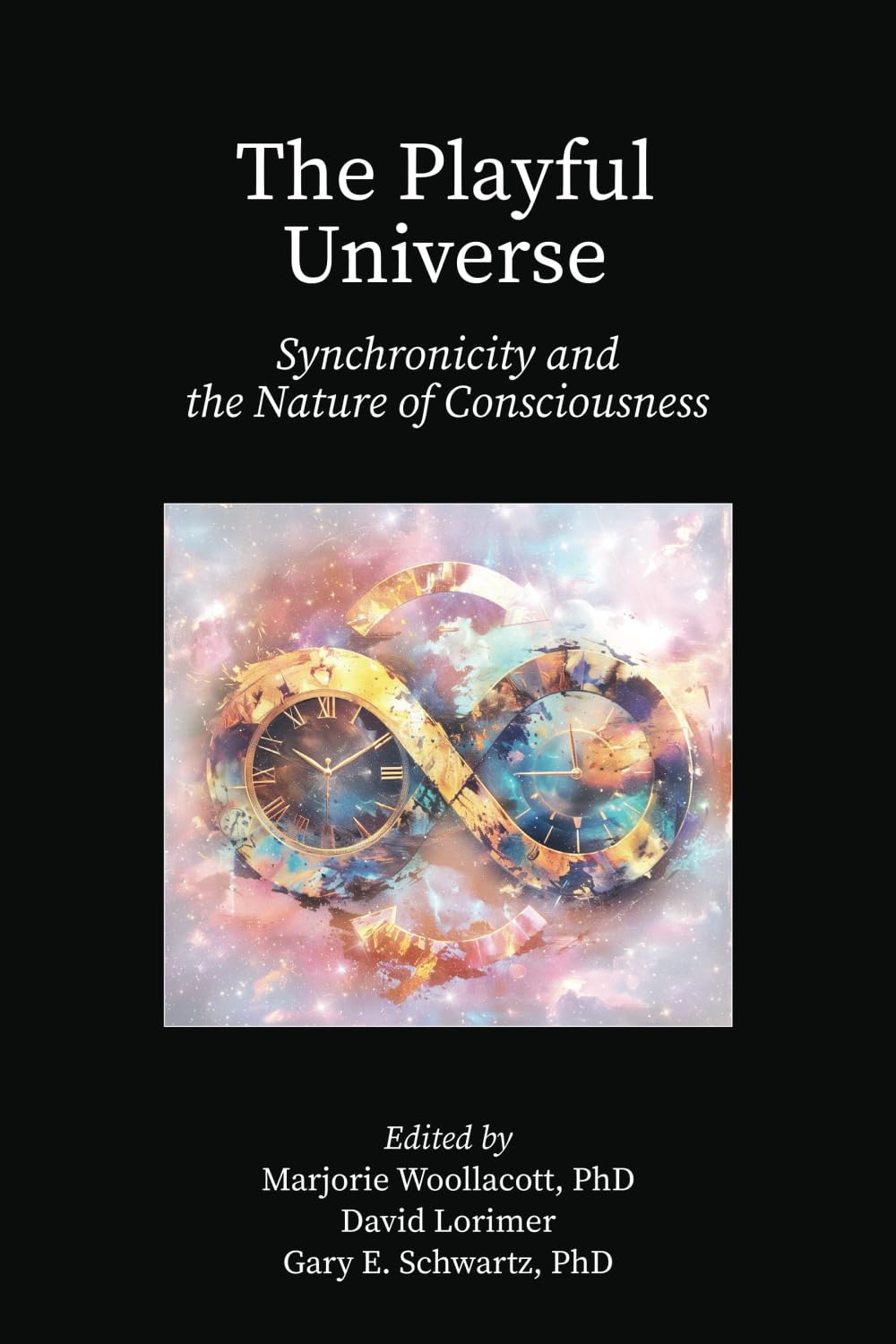
This volume consists of essays by scientists and academics describing their own experiences of synchronicity and how these experiences transformed both their worldview and the way they lived their lives. We truly believe that this is a fundamentally intelligent, benevolent, creative and playful universe in which we, as individual expressions of the one Universal Mind, co-create our reality.
Recent News
Scientists Determine Science. Can Science Lead to Its Source?
This paper shows the way how science can reach its Source from the standpoint of quantum physics, cortical brain-consciousness, and zero-point energy. The destination is the ground consciousness, consciousness-as-such, the Essence of the Multiversity. The milestones of the journey, and the process have been described. Three phase-transitions have been highlighted. Should the investigator be able to come back following completion of the journey, and speak the experience in a common universal language, we get the much-desired narrative for developing a science for the Source. The resonance between the inside and the outside of the investigator at the informational level, at the level of the self-life, and immersion of inside-consciousness into the ground consciousness leads to several revelations and discoveries, valuable for humanity.
Pope Francis on Nature and Interconnectedness
READ MORE HERE
Humanizing the Humanoid: Have Biology in AI-Technology to handle its Frightful Phenomenology
Like any world-phenomenology, AI has an awesome and frightful aspect. Apprehending that the latter might cause a slow but permanent injury to the cognitive, emotional and psychomotor evolution of humanity, the paper brings out how by adding five further disruptive innovations from the use of biology in this humanoid, frightful aspect of humanoid AI could be deftly handled before it slips out of hands.
Bruce Greyson on Oprah: What Near Death Experiences Reveal About Life and Beyond
This episode of The Oprah Podcast features Dr. Bruce Greyson, one of the world's leading experts on near death experiences. As a scientist and physician, Dr. Greyson has been studying these fascinating phenomena for decades. He and Oprah dive deep into near death encounters and speak with people who have undergone their own transformative episodes, including Oscar nominated actor Jeremy Renner, who described his event as harrowing but also exhilaratingly peaceful.
A Course by Ravi Ravindra – They Journey of a Pilgrim
Saturdays, 10:00 – 11:30 a.m. CT June 7 – 28 (4 classes) The Pilgrim Journey A Deep Inquiry into Self and the Unknown Ravi Ravindra May 31Throughout
Consciousness: On its Source, and Operations – A.K. Mukhopadhyay
Traditional approach to consciousness research accepting the brain as its source has not fruitfully worked. This article takes an inverted approach accepting consciousness as the most fundamental, and the brain, or even a biological single cell, is an organ of behavior for manifestations of consciousness. The idea has been supported by several pieces of evidence from different disciplines of science, medicine, neuroscience, plant biology, and cellular cognition. The human brain at the ZPE state has been emphasized as the fountainhead of creativity. Twelve emerging areas have been clearly chalked out for further research. A model of Brain-Consciousness coupling and another on Consciousness-Brain coupling have been proposed. The paper leads us towards Immersive Neuroscience as the helm of several disciplines of science and for a science-based, consciousness-centric spirituality for humanity.
